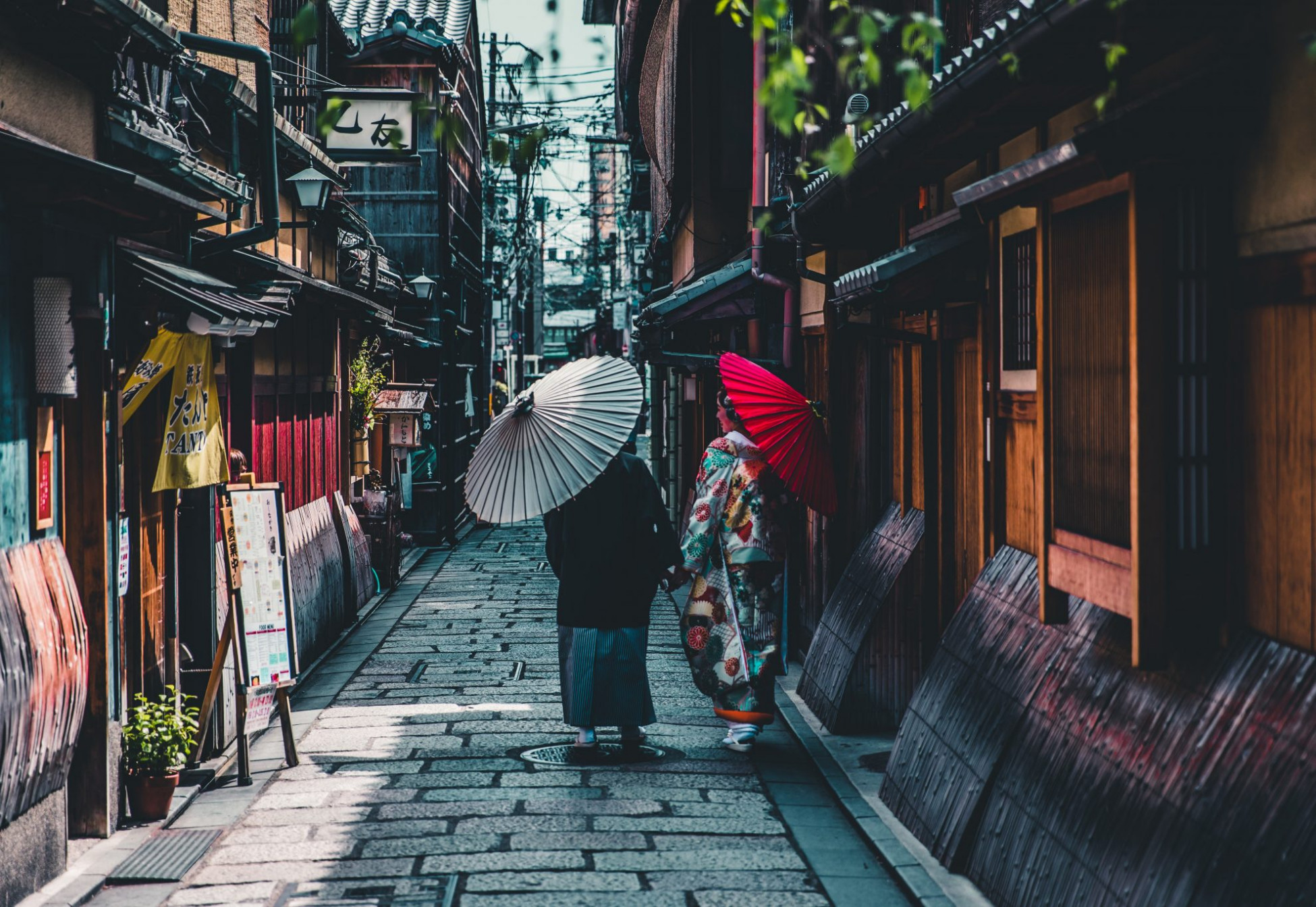
Group Description
Connect with travelers with disabilities and welcoming locals, offering tips on accessible hotels, wheelchair-friendly attractions, and transportation in Japan. From Tokyo’s bustling Shibuya Crossing and historic Asakusa to Kyoto’s golden Kinkaku-ji, Hiroshima’s Peace Memorial Park, and the hot springs of Hakone, whether it’s your first visit or a return trip, this is the place to ask about accommodations, getting around, or inclusive activities – someone here has likely experienced it before. You’ll find personal stories, travel tips, and recommendations for cultural, historical, and nature experiences. This group supports mobility aid users, along with travelers who have sensory sensitivities, low vision, and hearing loss, helping you enjoy a more accessible Japan adventure.
Reply To: Questions about moving to Japan
Your best bet would be to contact the Japanese Embassy in the states, There are restrictions for living / working in Japan (work holiday visa is only available under 35 years of age). In major centres, you can find doctors with englIsh, but someone who can translate for you is easier (think, specialists, dentists etc.). If you live in Japan, there is a disabled person card that gives you discounts on services. You will need to buy some insurance, it is co-pay, but the amount you pay is very low. An example, I went to the hospital with stomach pains, they gave me an MRI, didn’t see much, gave me an IV bag to help hydrate me. I was there for about 4 hours, my portion was 1500 yen. I went to the dentist, had a tooth removed and replaced, about 25,000 yen.
The website Gaijin-pot may also give you more info about teaching in Japan.